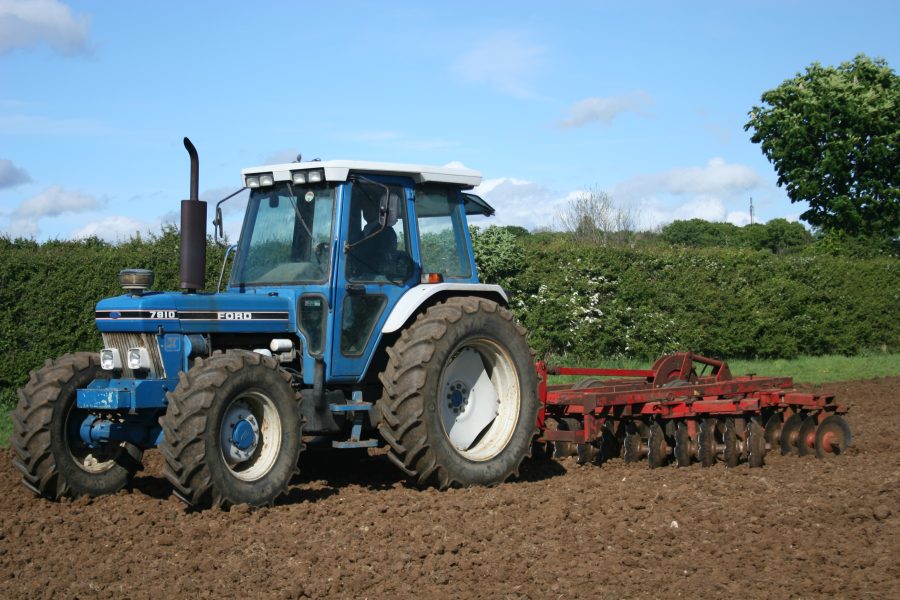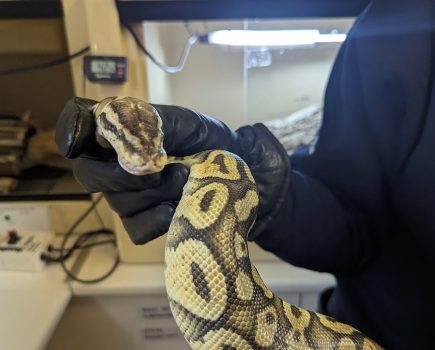In this extract from the October issue of The Country Smallholder, agricultural journalist, smallholder and Editor of Ferguson Heritage Magazine, Jane Brooks, takes a look at some of the issues around UK food production and the impact on the machinery world.
The UK’s farming and smallholding community are unique in the business world, they have a historically low-level attitude to risk and their public influence is in decline. Subsidy reductions, in combination with legislation are compelling them to maintain high production standards, which set their products apart from more cheaply produced foreign imports. Add into the mix negative media publicity, limited availability of seasonal workers, floods, an incredibly wet summer and it’s surprising anyone wants to continue producing food!
Smallholders can relate to the challenging weather this year. The coronavirus pandemic slammed food security and the importance of maintaining our supply chains straight into the UK’s consciousness. Since then, the commercial landscape of the country has changed immeasurably, many agricultural businesses are reassessing contracts, costs, renegotiating with their suppliers and struggling to protect cash flow.
Our continued dependency on imported food has been severely impacted by international politics and conflict such as the War in Ukraine, which has highlighted the need to better manage reliance on imports.
RETAIL PRESSURE
However, the entire supply chain is under immense pressure from retailers, with many UK suppliers barely covering their production costs. Supermarkets are relentless in their pursuit of cheap food, buoyed up by the success of relative newcomers to the market such as Lidl and Aldi, voracious discounters that have historically offered smaller ranges of commodity type products and private label goods, undercutting the big brands.
This has led to consumers demanding increasingly cheaper food and driven down supermarket prices, leading to the danger of a race to the bottom, where our high welfare UK production standards will not be adhered to by importers. Particularly if powerful supermarkets are allowed to dictate import regulations allowing food stuffs that don’t meet UK production standards onto the supermarket shelves.
It’s beginning to look highly likely that cheaply produced imports of food will lead to the strong possibility that British produced food could become a niche product, aimed at the Waitrose type customer, if you will. This will be aided and abetted by the farcical situation of a toothless groceries adjudicator only able to check that direct suppliers don’t breach the Groceries Code of Practice and being completely powerless to protect the majority of farmers and smallholders, our primary food producers.
UK supermarkets with a turnover of more than £1billion must comply with the Code of Practice, Groceries are covered, but not products such as petrol, clothing, plants & flowers. Because the Code only covers direct suppliers and not indirect suppliers, many supply chain problems are not being solved – just pushed out of the Code.
This has led to the situation that unless they supply direct to the supermarkets, farmers have very little protection against unfair trading practices and consequently less and less of the price consumers pay in the shops is reaching those who need it. That really needs to change and there is a real danger that ‘food UK’ could be outsourced, with a wholesale loss of agricultural production here in the UK. The impact this will have on allied trades is immense.
WHAT OF MACHINERY PRICES?
In the farm machinery world, we are also having to cope with increasing prices. Farm equipment and machinery manufacturers faced shortages of labour and raw materials during the pandemic, and although the machinery supply situation has slightly improved since, customers are still facing shortages and longer delivery times for new machinery. There is also a low supply of good second-hand machinery, which has led to increased prices in the resale market.
East Anglia-based auctioneer Cheffins reported an increase of £10m on the year for the 12 months ending June 2023 in fact; they have sold more than £62m worth of machinery in the past 12 months, including over 3,500 tractors.
This article extract was taken from the October 2023 edition of The Country Smallholder. To read the article in full you can buy the issue here.
To receive regular copies of The Country Smallholder magazine featuring more articles like this, subscribe here.
For FREE updates from the world of smallholding, sign up for The Country Smallholder newsletter here.








